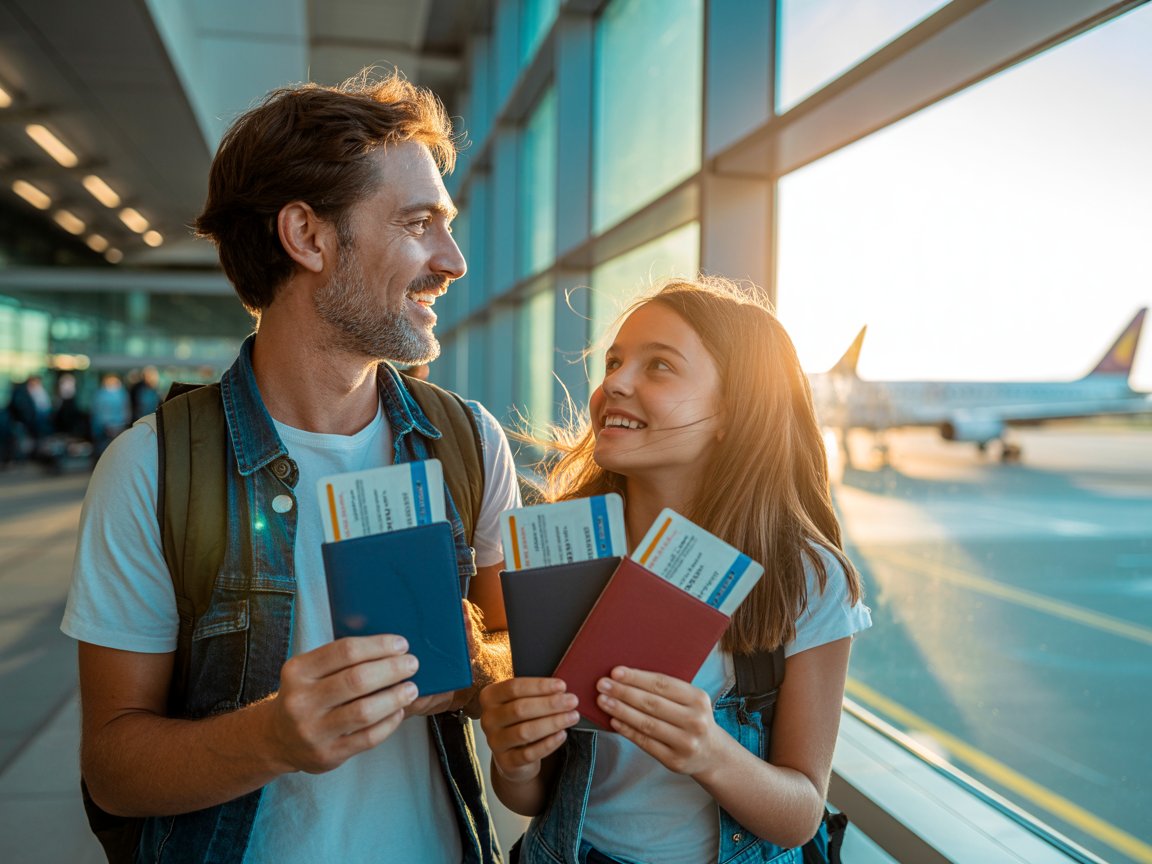Five years ago, I stood in a government office filling out visa paperwork to enter the country where I was born.
My passport had always been my golden ticket. For decades, I’d traveled freely, never thinking twice about borders or permissions. But there I was—needing a visa for the place I was born.
That’s when it hit: How did I end up needing a visa for the place I was born?
The Uncomfortable Realization
The visa process wasn’t just inconvenient—it was a reminder of something bigger: I don’t control my government. My government controls me.
And one of its most powerful tools of control is the passport I hold.
It decides where I can go, when I can go, and under what conditions. My character, intentions, or history don’t matter when I approach a border. The judgment comes down to one thing: the passport in my hand.
When I became a father, that realization deepened. Because the same rules now applied to my children. By extension, their freedom of movement would also be judged not by who they are, but by the nationality printed on their passport.
This is why I started to think of citizenship as political insurance.
The Parent’s Worry
Like many parents, I plan for my kids’ education, their health, their future. But I realized something unsettling: their access to the world is determined by the passport they hold.
If I gave them only one passport, I’d be placing their entire lives in the hands of one government. One system. One set of policies that can change overnight.
And history shows those changes happen fast: sudden travel bans, visa restrictions, or geopolitical tensions that close doors without warning.
That’s when I decided I wouldn’t just give my kids education and inheritance — I’d give them dual citizenship benefits that last a lifetime.
A Different Kind of Insurance
So I started looking at passports differently. Not just as travel documents, but as political insurance.
Insurance exists because we don’t know what will happen. Passports work the same way. I don’t need to predict which freedoms might disappear in the future. I just need to make sure my kids have backup options that work even when restrictions come.
So I got them second passports. Not out of fear. Out of love. Out of realism. Because when someone important says, “Can you be in Dubai tomorrow?” I want their answer to be “Yes,” not “Let me check if I can get a visa.”
What This Actually Looks Like
My kids now have options I never had. Not because I was wealthy or well-connected — but because I acted early, while the process was simpler.
When opportunity strikes, they can move quickly. When borders tighten, they have alternatives. And when one passport becomes a liability, they simply switch to another.
On one trip, we had to reroute last-minute. The kids used their second passports to re-enter without delays, while my single passport would have left me at risk of overstaying. That’s when it hit me: this wasn’t just theory, it was political insurance in action.
Just Planning Ahead
I’m not claiming to have all the answers. I’m just a parent who saw how quickly governments can restrict movement — for health, for politics, for reasons no one sees coming — and decided not to leave my kids exposed.
Because I know this:
- I don’t control my government. My government controls me.
- When I travel, I get judged by my passport, not my character.
- My kids inherit the same restrictions.
- Our access to the world depends on the passports we carry.
So why would I gamble their futures on a single passport?
It’s not about running away from a place. It’s about ensuring they can always run toward opportunity. Because the best gift I can give them isn’t certainty. It’s choice.

